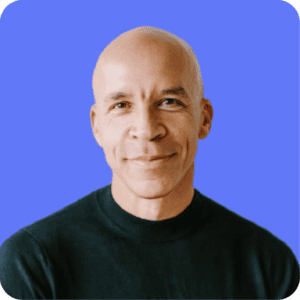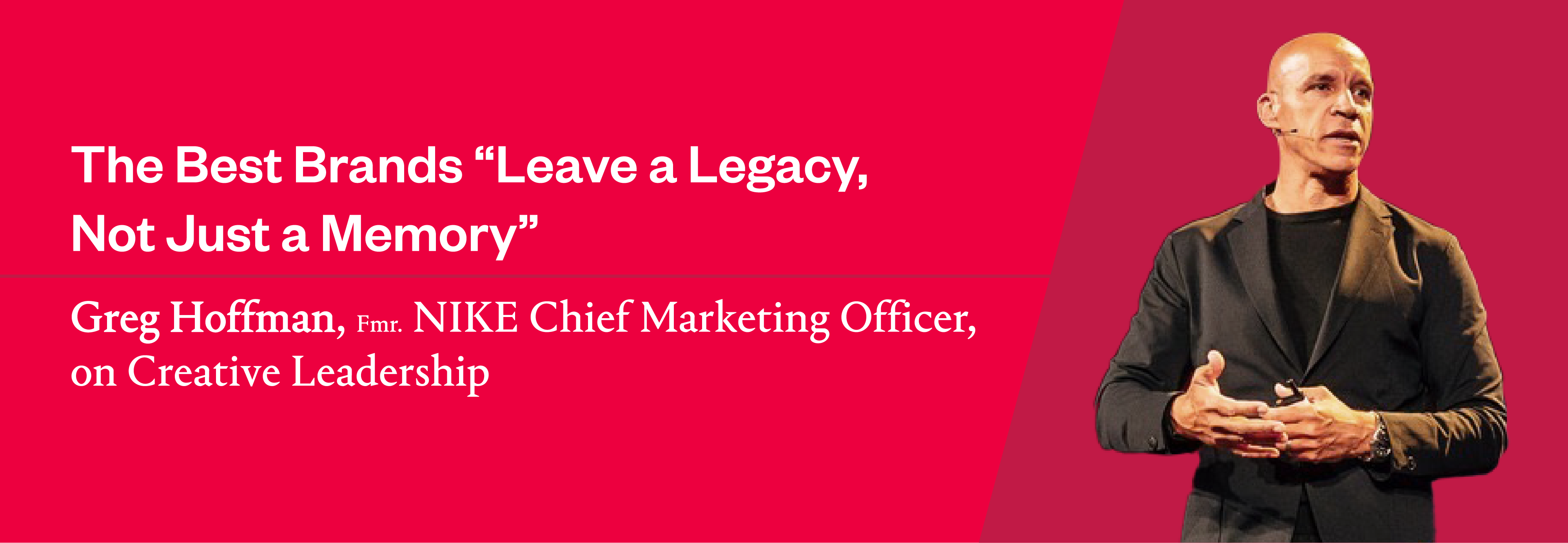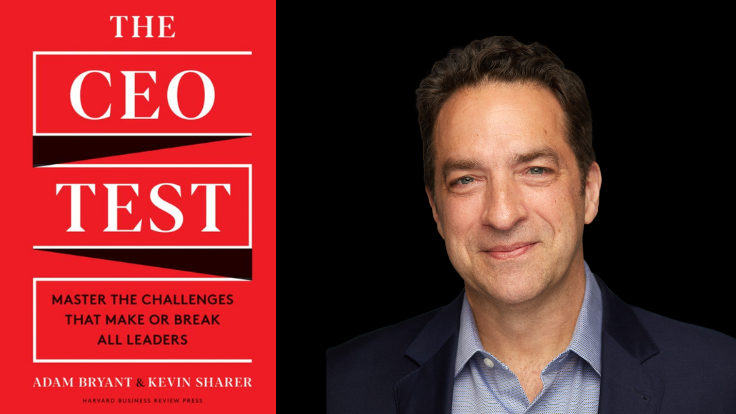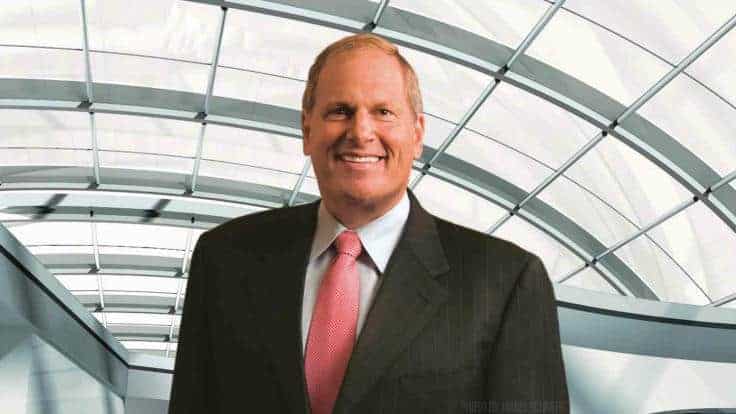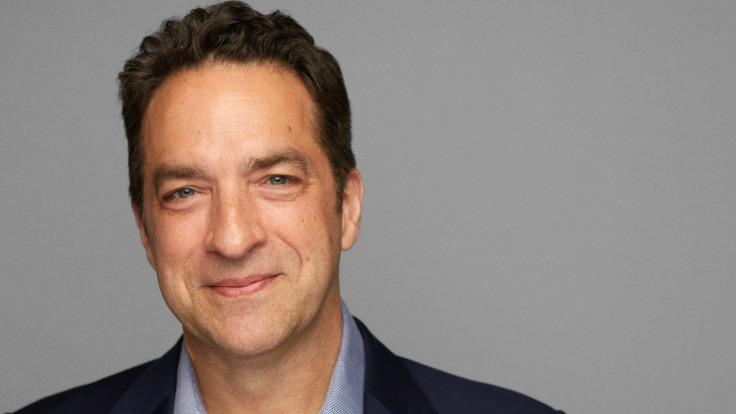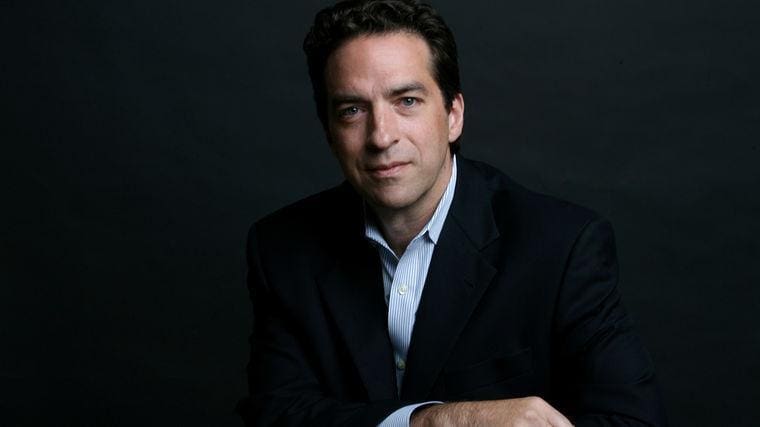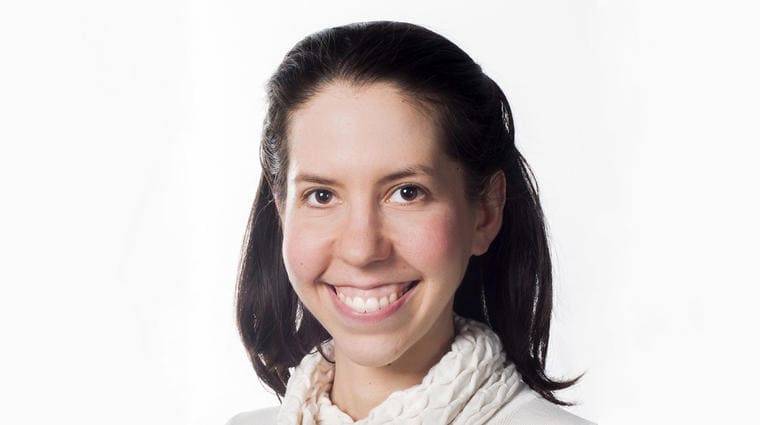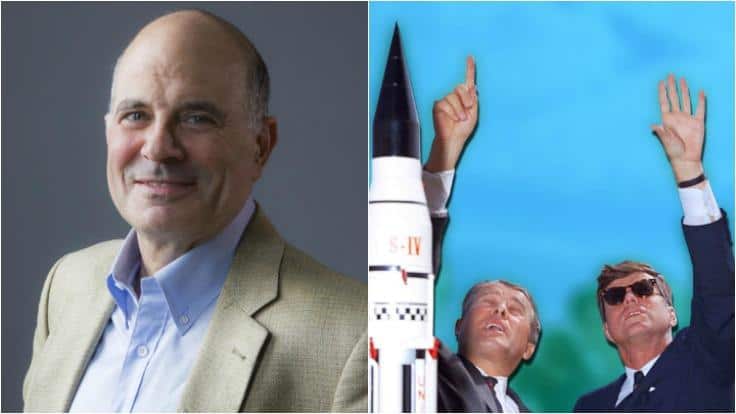 Angela Duckworth
Angela Duckworth
Ranked one of North America’s top leadership speakers, Angela Duckworth helps us to identify and cultivate one of the most important factors in determining long-term success. What sets people up for lasting success? It’s not always IQ or effort. It’s grit: determination and perseverance towards achieving long-term goals. The Godmother of Grit and one of the most influential psychologists of the last decade, she shows us that grit is a trait we can learn and develop not only in ourselves, but in the people around us as well.
 Ellen Ochoa
Ellen Ochoa
As the first Latina in space and first Hispanic Director of NASA’s Johnson Space Center, Ellen Ochoa knows that diversity drives unique ways of thinking—but it isn’t enough to hire diverse candidates. People need to feel encouraged and emboldened to speak up and share their ideas, concerns, and experiences. When we create a culture that allows people to be themselves—great things happen.
 Greg Hoffman
Greg Hoffman
The makeup of our teams has a profound effect on their output. This is why Greg Hoffman, the former CMO of Nike puts so much emphasis on creating and encouraging diverse teams. People with different skillsets, from different backgrounds, and different experiences, all have a unique way of thinking. Giving them the freedom to share ideas and make mistakes unleashes their creativity and drives unparalleled innovation.
 Neil Hoyne
Neil Hoyne
Google’s Chief Strategist Neil Hoyne shows us how, as leaders, we can lean into our teams for new ideas and how to consult the data to make better decisions for short and long-term success. Neil has worked with hundreds of Fortune 500 companies, spending over 9000 hours in boardrooms talking to the world’s most successful CEOs about how they make decisions, and his insights into data-based decision making are invaluable.
 Mary C. Murphy
Mary C. Murphy
A leading voice in the psychology of growth mindsets and the bestselling author of Cultures of Growth, Mary C. Murphy shows us that our environments drastically shape our ability to grow and flourish. Sharing over a decade of research alongside Carol Dweck, Mary shows us the actions we can take at every aspect and level of leadership to give our employees the opportunity to succeed long-term.
 Danny Southwick
Danny Southwick
When we expect great things from our employees, they learn to expect great things from themselves. Danny Southwick is a professor and ex-NFL quarterback who shows us that by encouraging your employees to challenge themselves, you not only get more engaged and productive employees, but higher retention as well. His talks give you the tools and the strategies you need to develop a growth mindset in your team.
 Yvonne Camus
Yvonne Camus
As the first female rookie to complete the Eco Challenge—the world’s hardest race—and a long time executive, Yvonne Camus knows that in order to be successful, we need to rely on, and put our trust in, the people around us. Everyone has strengths and weaknesses, but when we lean into and encourage people’s strengths, we can accomplish more than we could have imagined possible.
 Manjit Minhas
Manjit Minhas
We all interact with people every day who excel at things that we wish we did better. It’s vital to not only recognize this, but to seek it out. At 19, Manjit Minhas took her savings and founded what is now one of the world’s largest Breweries. She knows that good mentorship is key to getting ahead—and now, as a venture capitalist in countless other startups, she is mentoring the next generation of business leaders.
 Katy Milkman
Katy Milkman
Making change as a leader is hard. Fortunately, there is a science backed way to make it happen. Katy Milkman is a behavioral economist and bestselling author of How to Change. She will give you the tools you need to influence behavior for the better and to make lasting, effective change.
 David Yeager
David Yeager
Feedback is a critical aspect of leadership. It can either lead to success, or it can have detrimental effects. David Yeager, bestselling author of 10 to 25 and one of the top 0.1% cited psychologists, shows us how—with high standards and high support—we can effectively communicate with our colleagues and provide feedback in ways that motivate and inspire them.
 Denise Hamilton
Denise Hamilton
Diversity is hard, and there are real barriers to inclusivity that make allyship difficult. Denise Hamilton consults for numerous Fortune 500 companies and shows us how we can manage those challenges. She shows how simple strategies like “humble curiosity” can make room for different perspectives and effective communication. Her ethos? Small consistent contributions will make us indivisible.
 Justin Reilly
Justin Reilly
Leaders have a lot of responsibilities and, more often than not, not enough time in the day to get to them all. Justin Reilly has the solution to this problem, and it’s automation. Understanding your business means understanding what can and can’t be automated, and Justin will show you how you can implement AI to help manage your day to day—giving you more time to spend on higher level thinking and leading your team to success.
What is Leadership?
The world’s top leaders are using the new science of leadership to remain competitive in today’s ever-evolving business landscape. New age leaders go beyond managing tasks; they unlock creativity, foster innovation, build relationships, and empower others to reach their full potential. The top leadership speakers know that leadership is not just a role, but a dynamic process of continuous learning and development that shapes the future of organizations and societies.
What can Leadership do for your business?
Incorporating strong leadership into your business strategy can transform how you operate, compete, and succeed in today’s dynamic market. Effective leadership offers numerous benefits, from fostering a motivated and engaged workforce to driving innovation and facilitating change management. Leaders who inspire and empower their teams can enhance productivity, improve employee satisfaction, and create a culture of continuous growth. Our leadership speakers can help by developing leadership skills within your organization, you can open new avenues for growth, creativity, and competitive advantage, ultimately making your business more agile and resilient in a constantly evolving world.
Why book a Leadership speaker?
Booking a leadership speaker is a strategic move towards improving the leadership capabilities within your organization. Our top leadership speakers are not only experts in their fields, but visionaries who can simplify complex leadership concepts and present them in engaging and easily actionable ways. They provide valuable insights into the latest trends, effective strategies, and best practices, inspiring your team to think creatively and lead effectively. Our roster of leadership speakers includes renowned executives, industry pioneers, and thought leaders who offer cutting edge insights into new age leadership and provide you with the tools and skills needed to navigate and thrive in the new age of business. We are proud to represent these top dynamic and compelling leadership speakers, who can position your organization at the forefront of leadership excellence. Contact us today to bring one of them to your event!
Who Are the Top Leadership Speakers?
The top leadership speakers include CEOs, bestselling authors, military strategists, and world-renowned psychologists who bring cutting-edge insights into modern leadership, resilience, and high-performance teams. From navigating uncertainty to fostering innovation, these top speakers help organizations thrive in an era of rapid change. Today’s leading speakers include grit pioneer Angela Duckworth, former NASA director Ellen Ochoa, and former Nike CMO Greg Hoffman. We’d love to help you bring these speakers to your event. And if you’re looking for another leadership speaker—like Adam Grant, Malcolm Gladwell, or Brené Brown—we can help with that too.
What Topics Do Leadership Speakers Cover?
The world’s top speakers are redefining leadership for the modern world. Depending on your organization’s needs, a leadership speaker can cover topics like:
- Leading through change: How to navigate uncertainty and inspire confidence in your team.
- Building high-performance teams: The secret to fostering collaboration, trust, and innovation.
- Emotional intelligence & mentorship: How self-awareness and empathy create better leaders.
- Women in leadership: Breaking barriers and building inclusive leadership cultures.
- And much more!
Whether you’re looking to develop stronger leaders, enhance workplace culture, or prepare for the future of work, we’ll help you find the right leadership speaker to deliver an unforgettable keynote. Get in touch today!
How to Book a Leadership Speaker
Booking a leadership speaker can be a game-changer for your event, but finding the right one requires careful planning. You can reach out to speakers directly, or you can let a speakers agency handle the entire process for you so you can focus on everything else your event needs. Our team specializes in connecting organizations with top leadership speakers who bring fresh insights into team building, innovation, emotional intelligence, and executive decision-making. We’ll help you find the best fit for your audience and objectives. Contact us today to book a speaker who will leave a lasting impact.



